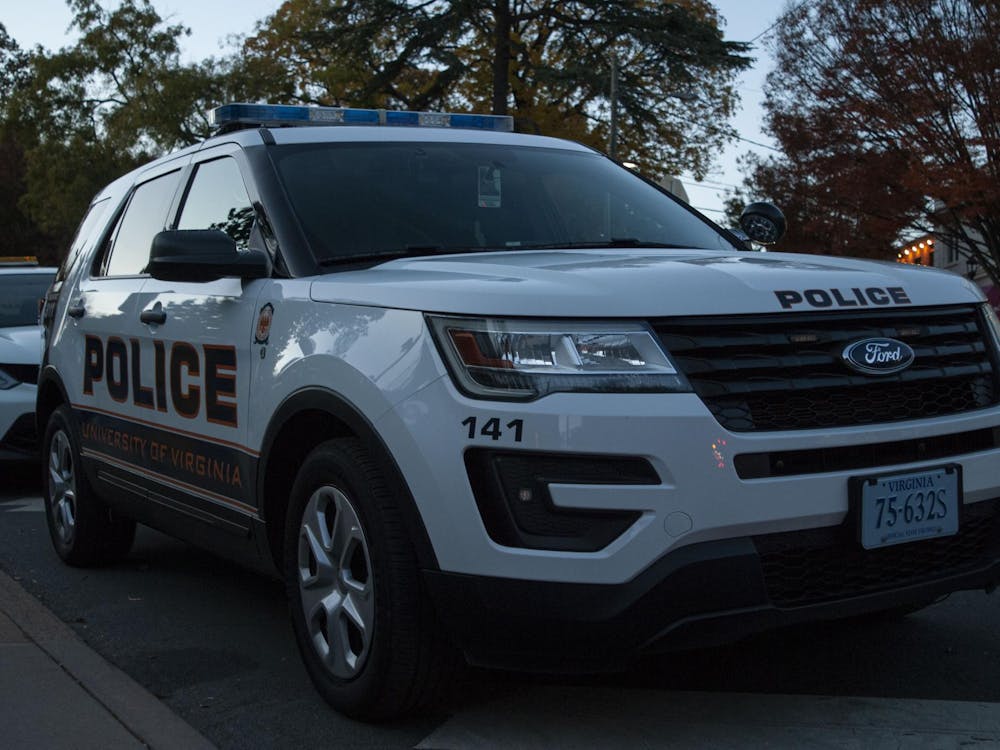In recent weeks, the nation has been captivated by a fear that has led many to question who or what enters their lives when they open a piece of mail. This has meant new rules at the U.S. Postal Service and a variety of other mail carriers nationwide.
The U.S. Postal Service recently has been educating employees on anthrax and mail handling, issuing various safety measures, and requiring employees who handle mail to wear gas masks and gloves at all times. Furthermore, the Postal Service repeatedly has informed the public to expect delays in mail delivery.
In the past month, over 50 people have come into contact with anthrax and four people have died from inhaling the bacteria. Anthrax has been found in Washington, D.C., New York City, Kansas City, Mo. and Boca Raton, Fla. The exposures occur through inhalation and skin contact.
While many people have been exposed though, only two letters have actually contained anthrax. Rather than through numerous letters have been confirmed to be laced with anthrax spores' ability to travel quickly in the air have been the main cause of infection. This is why many private postal delivery companies, including Federal Express, United Parcel Service and Airborne Express, have been altering their practices in response to the anthrax scare.
FedEx spokeswoman Sandra Munoz reported to the Memphis newspaper Go Memphis on Oct. 25 that FedEx "has been responding to inquiries from employees and continues to educate them about anthrax through the company's internal Web site, among other means."
Though there have been no confirmed anthrax reports on FedEx deliveries, many FedEx workers still have heightened fears.
According to the FedEx Pilots Association, "FedEx has transported more than three million pounds of the U.S. Postal Service's Express, Priority and First Class mail a day" since the beginning of September. The cases of anthrax found in the Postal Service's mail have caused FedEx to take extra measures to ensure the safety of their workers as well.
Captain David Webb, president of the FedEx Pilots Association, told the Associated Press, "We must act swiftly and prudently to ensure the safety of all FedEx employees ... our company [needs] to take immediate steps to cope with our employees' exposure, now that they have acknowledged that we have possible anthrax exposures."
Such safety measures would deal with sealing bags or containers that hold mail or packages, regulating air filtration in airplanes transporting such mail or packages and vaccinating and educating employees.
UPS, which deals with the majority of private delivery sales, has been taking similar safety precautions.
Felicia Haynes, a UPS customer service representative, said the company is handling the anthrax scare by taking reasonable measures.
"UPS personnel are on a heightened state of alert," she said. "Specific communications have been issued to employees reinforcing UPS procedures for handling suspicious packages."
With the delay in delivery of Postal Service mail, many people have turned to UPS, among other alternative forms of mail delivery, for faster service. Haynes said that "unlike the U.S. Postal Service, UPS shipments are usually picked up at our customers' business locations, and most deliveries are arriving from orders that the receiver placed." UPS also has encouraged customers to clearly label all packages with the sender and receiver addresses and to inform the receiver that they should expect a package.
Airborne Express has placed an increased surcharge on international airfreight shipments for security reasons. The increased surcharge is a combined result of greater insurance premiums and costs of security measures that the Federal Aviation Administration instated in response to the Sept. 11 terrorist attacks.
Although the anthrax scare has had its most immediate and imminent effects on the U.S. Postal Service, its influence on alternative forms of postal delivery are beginning to set in.






